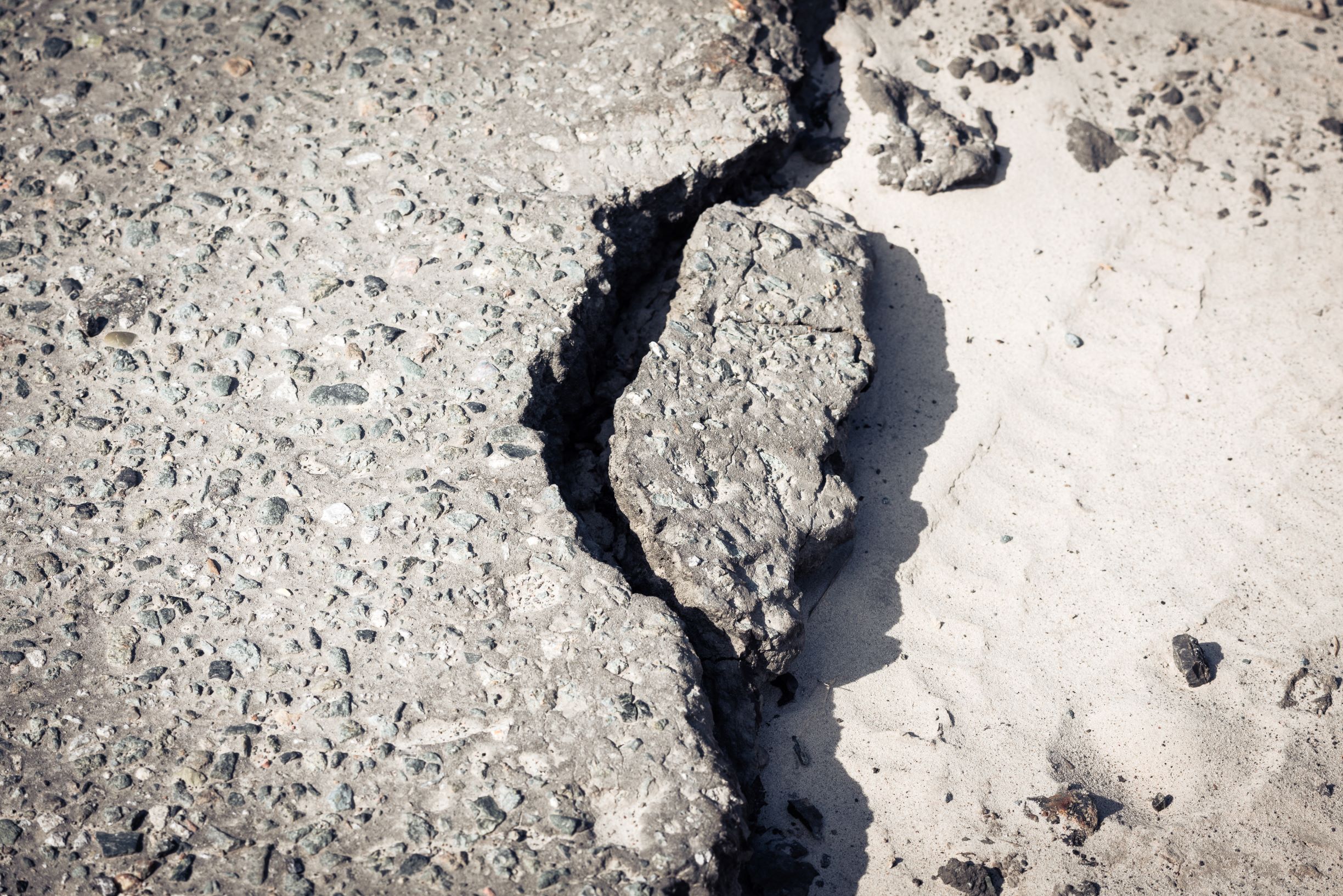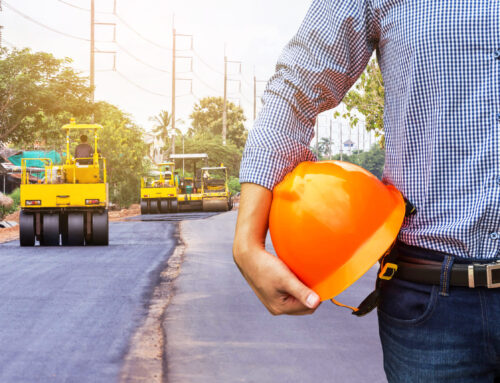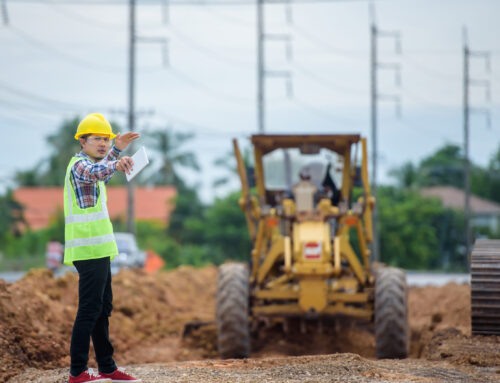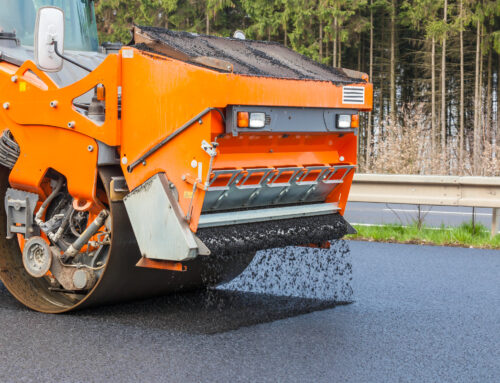This month we’re getting into the nitty-gritty of crumbly asphalt, from how it occurs to how to fix it! First things first, let’s talk about why asphalt driveways crumble and what to look out for. Then, next time we’ll address how to fix it!
So, Why Do Asphalt Driveways Crumble?
Asphalt takes a beating, it’s the whole point of it! It can handle and weather the abuse of time, use and weather but eventually, eventually something has to give! The following five things are the ones that are most likely to cause your driveway to crumble.
Weather and Temperature
Like we said, asphalt is subject to all the effects of Mother Nature. In Tucson that means the incredibly hot summers, as well as the monsoon season and their heavy rain, and yes, occasionally freezing temps overnight in the winter. All of this means that there are plenty of conditions where the weather and temperatures can do a number on your asphalt. The heat can soften the asphalt surface, making it easier to ding up or scratch. The rain can permeate into the asphalt surface and when the temperatures dip, freeze and expand. All of which will mess with your driveway.
Poorly Sealed Asphalt
Here at Sunrise Asphalt we’re all about sealing your asphalt surfaces. It can just do so much when it comes to protecting the structure from wear and tear. But that only works if it’s sealed right. If the asphalt is sealed too soon, before it has fully cured, you run the risk of ruining it’s flexibility which could make it more susceptible to crumbling when affected by other factors.
Insufficient Sub Base
The sub base is just one layer that your asphalt structure needs to last and work properly for a long time to come. It adds strength and structure to the asphalt proper, and is usually made up of heavy stones or other products that extend out further than the edges of the asphalt proper to distribute the weight and force from vehicles passing overhead. If that sub base is insufficient, the weight will be distributed improperly (or not at all) making it so the top layer will begin to crumble at the edges. In some spots the base may even shift entirely.
Loose Sand or Gravel
Even if this seems to be a part of ‘wear and tear,’ this one is worth mentioning on it’s own., especially here in Tucson. Loose sand and gravel can do a number on asphalt, especially if one of two factors are present: A) the asphalt is softer from high temperatures or B) the sub base is lacking. Right away you can see how this is a particular problem here. The softer the asphalt the easier it is to damage with rock, sand, and gravel being drug over top of it. You’ll end up with cracks and gouges from the harder material being driven into and against the softened asphalt. If left unchecked these can get worse and you’ll end up with some serious, crumbly asphalt.
Wear and Tear
And of course, excessive wear and tear. Even standard use will do some damage over time, but parking heavy equipment on top of the asphalt, letting things create divots and dents in the asphalt all make it more likely that cracking and crumbling will occur. So if you want to avoid shortening the lifespan of your asphalt, make sure you’re not leaving anything too heavy or hard on the driveway.
With that you now have a much better idea about what can cause your driveway to crumble, so be vigilant! While it’s not all under your control, you can certainly control some things like the wear and tear and if you do notice cracks, gouges, or dents starting to form you can address them sooner than later and save yourself a whole mess of problems.
But, if it’s too late, your driveway is already crumbling to bits and you just need to know what to do next, come back next time! Here’s a sneak peak – at a certain point, the crumbling driveway is just too far to repair with a simple patch or seals. It’s time to get a new overlay or install a totally new asphalt structure. For that, you call the asphalt professionals!





